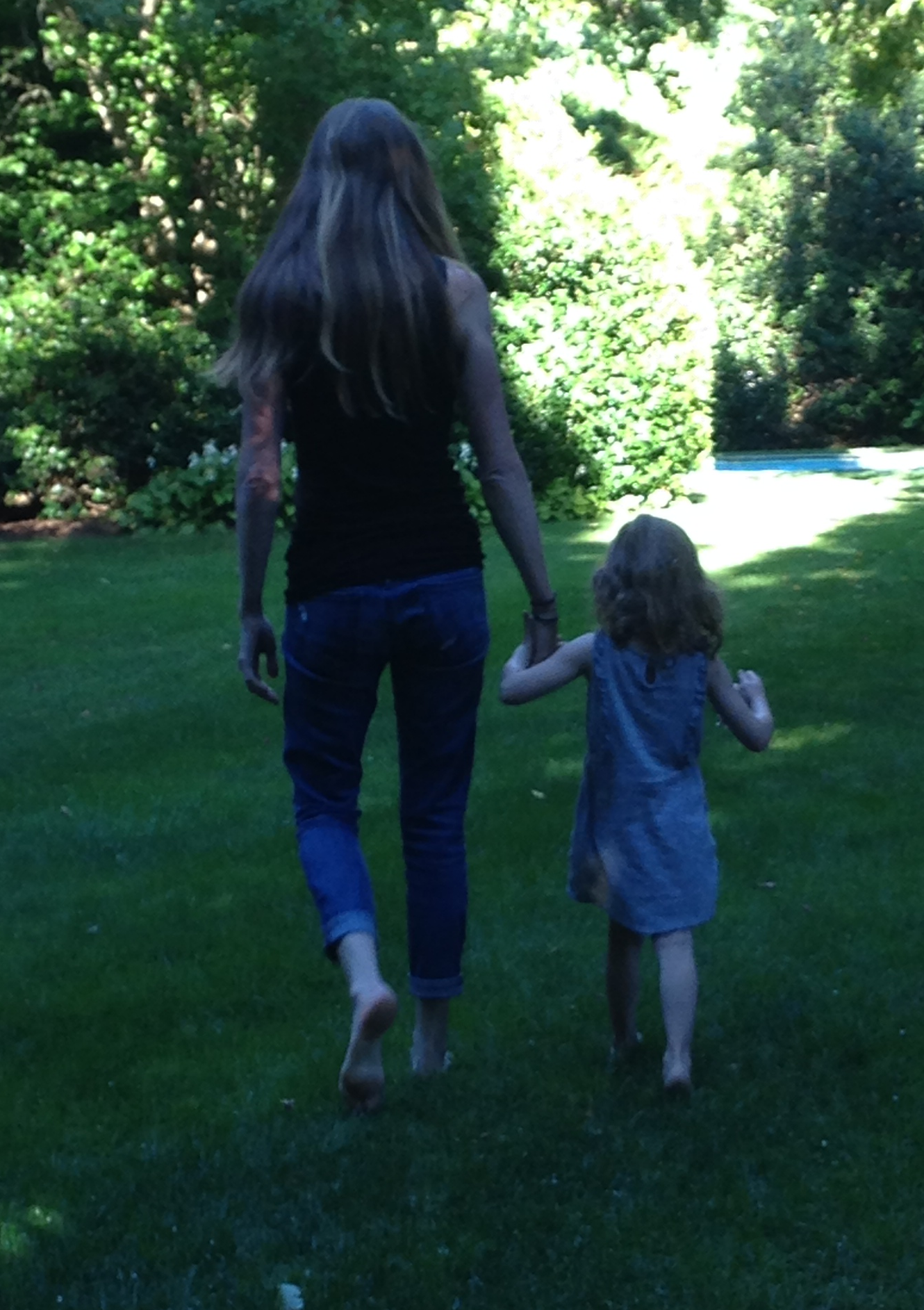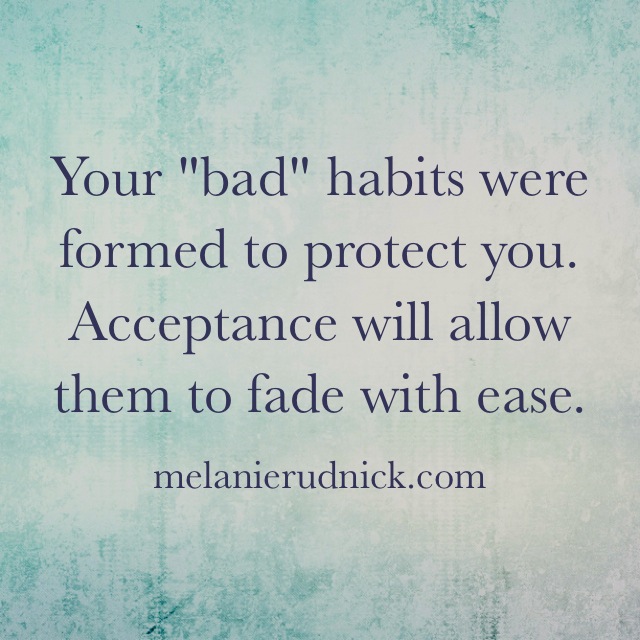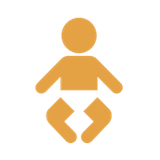As a mom, I often reflect on my parenting skills. As a life coach and self help junkie, I am always trying to better myself and raise my level of consciousness. When you put those two things together, you get what I like to call Conscious Parenting. Below you will find my seven steps to conscious parenting…
1. Respect your children as people. Our kids have thoughts and feelings of their own. They are entitled to those thoughts and feelings. They are not us. Our children are here to be themselves, and nothing but themselves. As much as we would like to mold our kids to be miniature versions of ourselves, it is our job to realize they are each individuals, and trying to teach them to be anything but who they are, can affect them later on in life.
An example of this is me allowing my two year old be the girly girl that she is, even though I’m not. When I want her to wear jeans, and she insists on wearing a dress every day, allowing her to do so (even though it’s tough for me sometimes), teaches her that I not only respect her, but that she can be who she is.
When we tell our kids to be something that they are not, we are ultimately saying, who you are isn’t good enough. This can lead to self doubt, conforming, and low self-esteem. A conscious parent wouldn’t want their child to change, in order for them to be happy. It is not our kids’ job to dress a certain way or act a certain way for our own comfort. It is our duty to let them just be themselves because that is good enough!
2. Validate your kids’ feelings. All human beings are entitled to feel however they feel in regards to things that come up in life. What’s worse than being told we shouldn’t feel the way we feel?! I don’t know about you, but when I’m upset about something, just hearing someone say it’s ok for me to feel what I’m feeling, or that they understand where I’m coming from, is often all I need! Who are we to say that our kids shouldn’t feel a certain way? Validating that it’s ok to feel whatever our kids feel in any situation, whether we think it’s rational or not, is so important.
I recently overheard a parent at my toddler’s swim class say to his two year old, “Stop crying! You’re acting like a baby!” I was nearly brought to tears. Telling a child, to stop expressing what he was feeling, and that he shouldn’t act like a baby, when in fact he is still essentially a baby, is basically teaching him at a very young age that he shouldn’t feel his feelings. Now, I’m sure this father wasn’t intentionally trying to harm his son, but it’s little comments like these that add up, and can eventually affect a child psychologically. He was scared and needed comfort, but was told that wasn’t ok.
When people grow up and never reach emotional maturity because they were taught to not feel their feelings, they often become emotional eaters, drinkers, or use other means to not deal with their feelings. Feeling our feelings is so important, which is why simply telling our kids that we understand that they are upset, and that it’s ok, is one of the best things we can do for them.
3. Align your actions with your words. Yelling at your child to stop crying is counter productive. Telling them they can’t play on the ipad for endless hours, and then you being on your smartphone incessantly, is sending a mixed message. Making our kids apologize for their actions, but never taking accountability for our own actions and saying sorry, is confusing. They best way to teach is by practicing what we preach.
4. Be conscious of the things you say, the words you use, and the way you act around your children. Our kids hear and notice everything. They are like sponges. If you are constantly talking about how difficult your child is, he hears you. If you tell your kid she is a bad girl, rather than explaining why you are upset with her, she may grow up thinking she’s ‘bad.’ If you talk about your body and weight in a negative way, you are teaching them to hate their bodies. If you are constantly arguing with your spouse, you are teaching your children to be argumentative.
The best way to figure out if your words and actions are affecting your kids, is to observe them. They are our greatest mirrors. If they are quick to snap, maybe you are too. If they are bossy, without explanation, maybe you are too. If they doubt themselves, maybe you do too. Look at this as an excellent opportunity to work on yourself!
5. Open yourself to learning from your kids! Our kids are not inferior to us. Like I said earlier, they are people, just like you and me. They are not here just to be taught. They are here to be our teachers too. We can learn just as much, if not more from them!
I have learned how to be more present in everything that I do, rather than dwelling in the past, or worrying about the future. Watching a baby focus on a toy, a toddler on a playground, or a tween on an iphone, it is so evident that they are not concerned with what happened earlier in the day, or what they will do after these activities. They are present and living in the now.
I have also learned not to take life so seriously, and not to care so much about what other people think. Watching a toddler run around naked, completely unconcerned with what her body looks like, or a child singing out loud in the grocery store, or dancing in public because they hear a fun song, is priceless. To be so free, is not only incredible, but in my opinion extremely admirable. To be silly, and find fun in any circumstance, is the way I strive to be, and having kids allows me to do so.
Another big lesson I have learned is to not let fear or failure stop me from continuing to try something. Watching a baby learn to walk is the perfect example. They keep trying until they get it. They don’t fall, and think, “I’m such a loser, I may as well quit now.” They get up and try again.
Just because we have lived longer, doesn’t always mean we know more. Pay attention to what lessons your kiddies have to offer!
6. Your kids feed off of your energy. If you pay attention, it is very clear that our children feed off of our energy. It’s important to stay calm whenever possible. Now I know it’s not easy sometimes, and I admit, I am not always perfect at this, but the outcome is well worth it. If you pay attention, you will see when we get angry, it generally escalates the situation, and our children get more upset. If it does resolve the issue, it’s most likely because it scared the child. It basically just shuts them up, and instills fear. Instead try and work with them. I know when I stay calm when my two year old has a tantrum, it subsides quickly, and when my eleven year old is frustrated while doing her math homework, when I stay calm, it is soothing to her, and she is able to regroup.
7. Be present and love as much as humanly possible! When you are with your kids, set aside some time to put your phone away, turn off the tv, and just be with them. Play, talk, listen to their needs, and don’t forget to love, love, love!
We are all just trying to be the best parents we can be, and that is something to be proud of no matter what! Maybe this parenting style isn’t for everyone, but if you’ve read this far, I’m assuming something in here piqued your interest. To be conscious parents, we must become more conscious in general. Working on ourselves will benefit our children more than we can imagine. It will allow us to not make the same mistakes we may have learned from generations past, and it will take less effort to be an awesome parent. The happier we are, the happier our children will be, and we have an amazing opportunity to raise emotionally healthy human beings!
If you are interested in learning more, or are interested in a free half hour coaching consultation, email me at melanie@melanierudnick.com. HAPPY PARENTING!!!















Great essay, Mel. And I have the great pleasure and priviliege to see some of the wonderful effects of how you “walk your talk.”
Your writing is clear and concise yet comprehensive. Plenty for most of us parents or “relatives” to think about. Yes, letting kids play out all of their personality/temperament sides — from frilly to feisty and even forceful (with realistic limits on reckless or aggressive behavior) — at a young age, I believe will help them to find that golden balance and authentic self-identity: giving of yourself and giving to yourself. Without the balance we are surely in danger of losing our “self.” Peace,
Mark